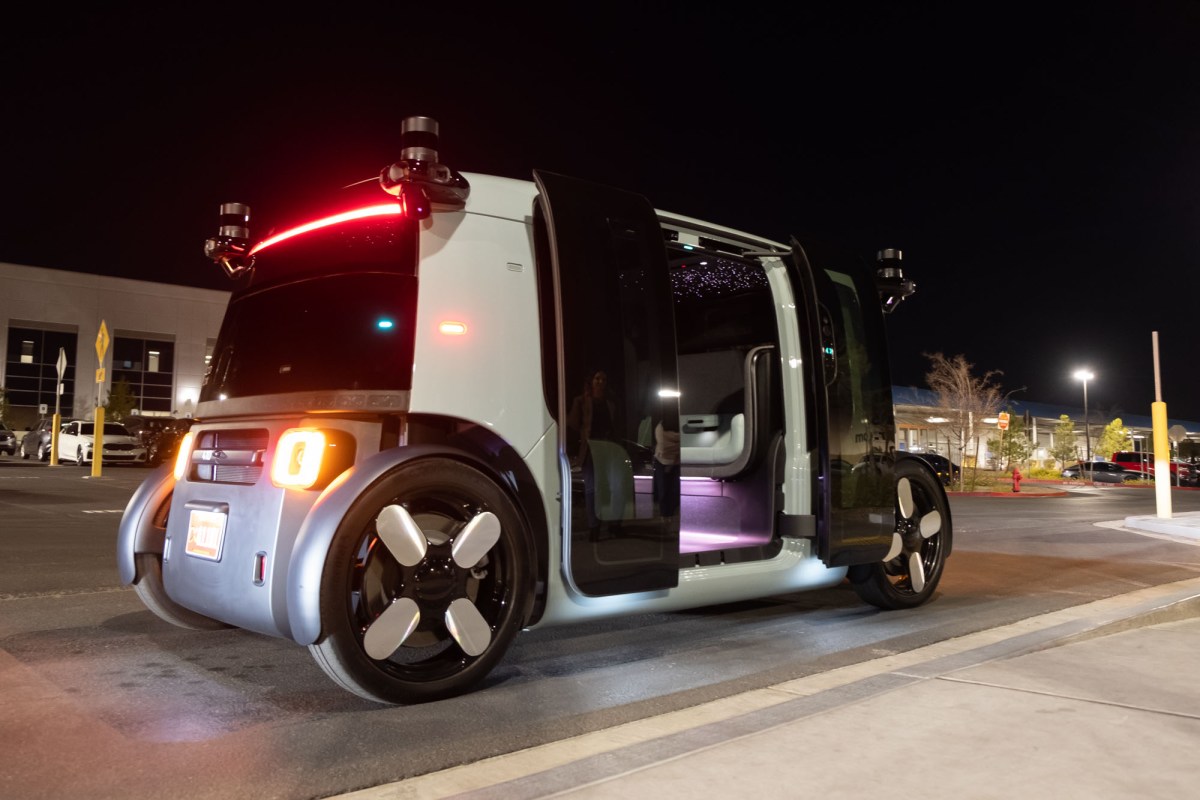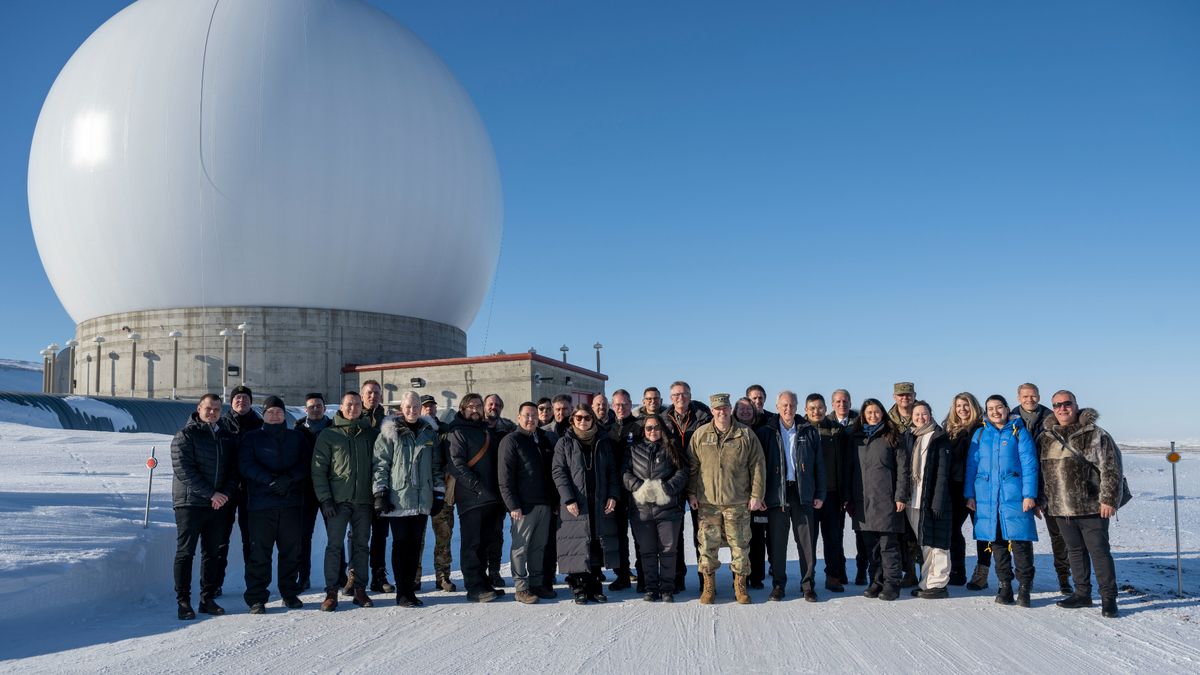Constellation Energy, the nation’s largest nuclear power plant operator, has agreed to buy another electricity producer, Calpine, for $16.4 billion. The deal reflects the key role that natural gas is likely to play in meeting fast-rising U.S. electricity demand.
The cash-and-stock deal, announced Friday, ranks among the power sector’s biggest. It would broaden Constellation’s portfolio as companies like Microsoft, Google and Amazon are scrambling to secure energy for data centers used to run artificial intelligence and other services.
Calpine, which is based in Houston and privately held, operates a large fleet of natural gas power plants in several states as well as the Geysers geothermal energy complex in California.
Constellation, which is based in Baltimore, said in a statement that it expected Calpine’s natural gas assets to help ensure the reliability of the electric grid.
“By combining Constellation’s unmatched expertise in zero-emission nuclear energy with Calpine’s industry-leading, best-in-class, low-carbon natural gas and geothermal generation fleets, we will be able to offer the broadest array of energy products and services available in the industry,” said Joseph Dominguez, chief executive of Constellation.
Constellation would pay $4.5 billion in cash and assume roughly $12.7 billion of Calpine’s debt as part of the deal.
Nuclear power plants, which can operate around the clock without releasing planet-warming emissions, have been among the early beneficiaries of booming investment in artificial intelligence. Constellation agreed last year to spend $1.6 billion to restart a nuclear reactor at Three Mile Island near Harrisburg, Pa. — a project for which Microsoft is effectively footing the bill.
But there are only so many mothballed nuclear plants that can be restarted. Some companies are also betting on new, smaller reactors, but those are not expected to begin producing meaningful amounts of power for at least several years if all goes well.
As a result of those challenges, many energy and tech companies are increasingly looking to natural gas, even though its use releases carbon dioxide and methane, two leading greenhouse gases that are warming the planet.
“It’s going to be hard for the utilities to provide the power that these data centers need without gas,” said Andrew Gillick, an energy strategist for the analytics firm Enverus.
Power demand from data centers is poised to increase 15 percent a year on average through the end of the decade, Goldman Sachs estimated last year.
A diverse group of power plants could allow the combined company to better manage its resources, depending on how electricity needs change. Adding more natural gas to its portfolio would, however, expose Constellation to more risk related to fluctuating commodity prices, Enverus said.
Constellation’s stock price has more than doubled in the past year as expectations for U.S. power demand growth have risen. Shares closed down more than 4 percent on Wednesday after Bloomberg reported that the company was nearing a deal for Calpine.
The deal with Constellation is the culmination of a big turnaround for Calpine, which had come under pressure in recent years as California and other states sought to move away from fossil fuels. A group of investors including Energy Capital Partners took Calpine private several years ago in a deal valued at $5.6 billion, not including debt.
Ivan Penn contributed reporting.









Leave a Comment